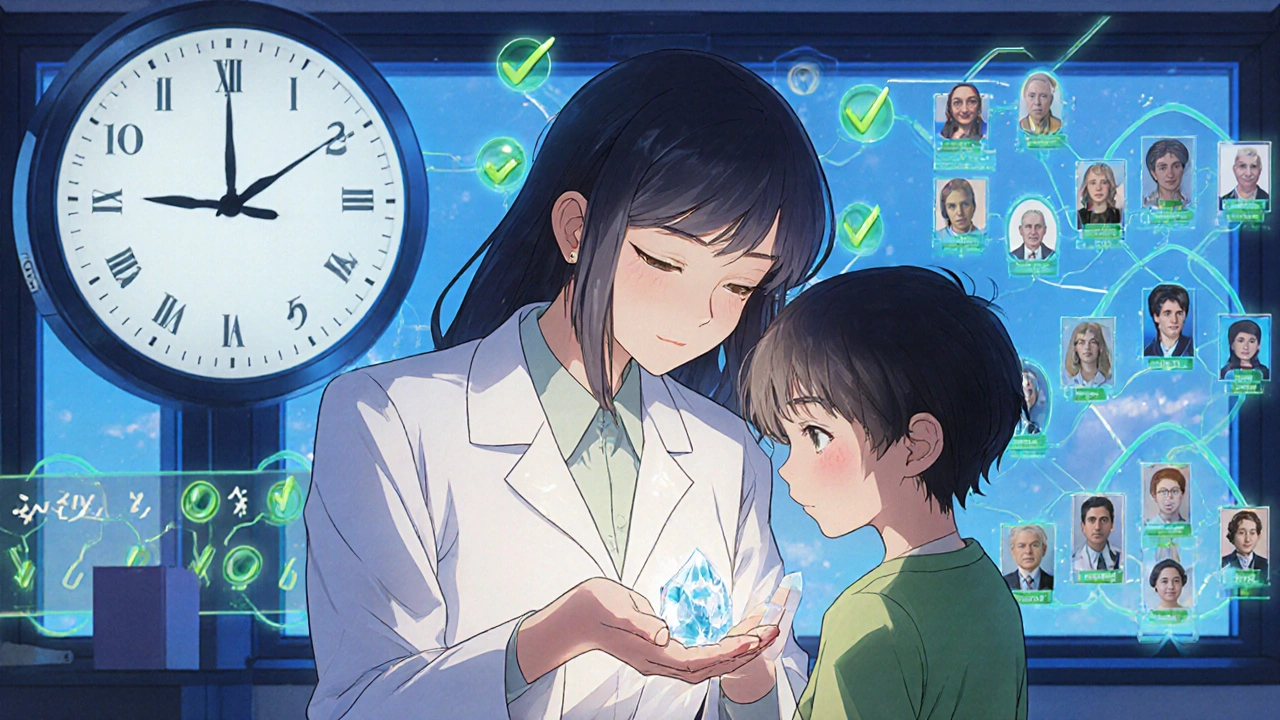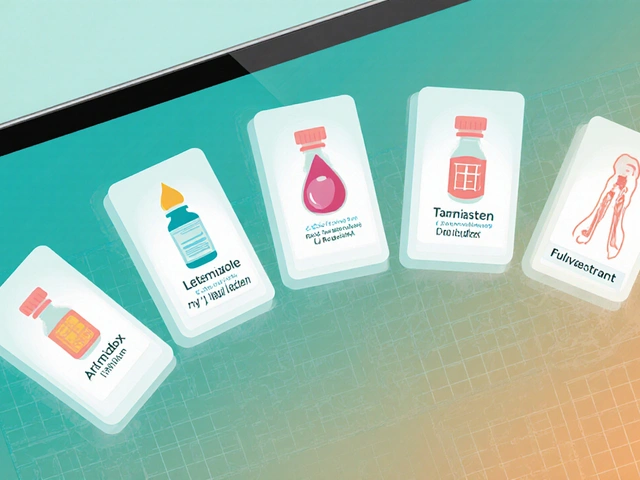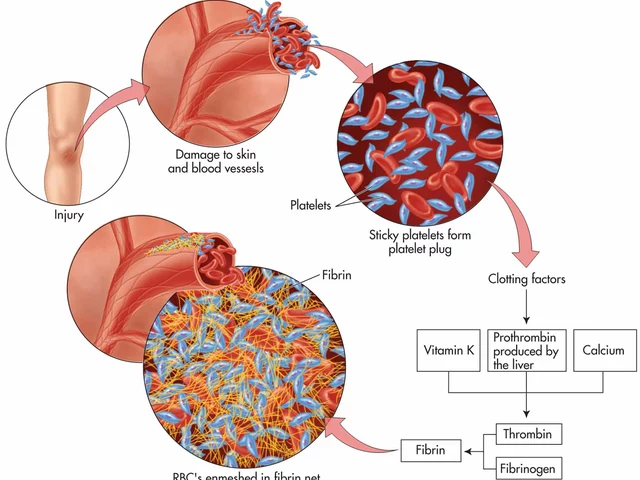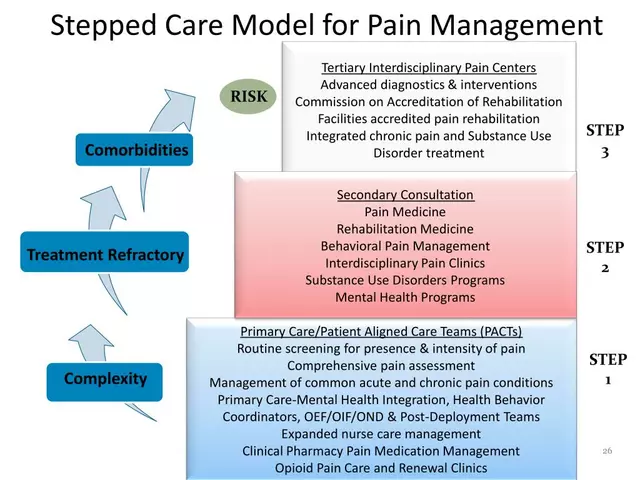Knowing your genetic risk for cancer isn’t just about fear-it’s about control. If you’ve ever wondered whether your family history of breast, ovarian, or colon cancer means you’re next, genetic testing can give you real answers. Not all tests are the same. And not all results are clear-cut. But for people with strong family patterns, testing for genes like BRCA, Lynch syndrome markers, and others can change everything-from how often you get screened to whether you choose surgery to prevent cancer before it starts.
What BRCA Testing Really Tells You
When people talk about genetic cancer risk, BRCA1 and BRCA2 are the first names that come up. These aren’t just genes-they’re guardians. When they work right, they help fix damaged DNA. When they’re broken by an inherited mutation, your risk for certain cancers jumps dramatically.
For women with a harmful BRCA1 mutation, the lifetime risk of breast cancer is between 55% and 72%. For BRCA2, it’s 45% to 69%. Compare that to the average woman’s risk of about 13%. Ovarian cancer risk also skyrockets-from under 2% in the general population to 39% for BRCA1 carriers and 11-17% for BRCA2.
But it’s not just women. Men with BRCA mutations face higher risks too-especially for prostate cancer (up to 20% by age 65) and male breast cancer (up to 8% lifetime risk). Pancreatic and melanoma risks also rise. And these mutations don’t skip generations. If your parent has one, you have a 50% chance of inheriting it.
What’s changed since 2020? Testing accuracy. A landmark 2025 study from the Mayo Clinic used CRISPR to test nearly 7,000 variants in the BRCA2 gene. Before, about 12.7% of results came back as “uncertain”-meaning no one knew if the change was harmful or harmless. After the study, that number dropped to just 1.1% in the key DNA-binding region. That’s thousands of people who went from living in doubt to having clear guidance.
Lynch Syndrome: The Silent Colon Cancer Threat
If BRCA is about breast and ovarian cancer, Lynch syndrome is the silent driver behind early-onset colon, uterine, and other cancers. It’s caused by mutations in five genes: MLH1, MSH2, MSH6, PMS2, and EPCAM. These genes fix mistakes when cells divide. When they fail, errors pile up-and cancer follows.
Someone with Lynch syndrome has up to an 80% lifetime risk of colorectal cancer, often diagnosed before age 50. Women have up to a 60% risk of endometrial cancer. Other risks include stomach, ovarian, pancreatic, brain, and skin cancers.
Here’s the powerful part: catching Lynch early saves lives. A 2025 case study from Fred Hutchinson Cancer Center showed a 42-year-old with colon cancer who tested positive for Lynch. Instead of just treating the tumor, doctors added immunotherapy-pembrolizumab. The cancer vanished completely. That’s not luck. It’s biology. Tumors with Lynch mutations respond better to certain immunotherapies because they carry so many genetic errors the immune system can recognize them.
Screening makes a huge difference. People with Lynch are advised to get a colonoscopy every 1-2 years starting at age 20-25. That’s far earlier-and far more frequent-than the standard 45+ recommendation for the general population. And for women, annual uterine biopsies and pelvic ultrasounds can catch endometrial cancer early, when it’s still curable.
Why Multigene Panels Are Now the Standard
Testing just for BRCA or Lynch used to be the norm. Now, most doctors recommend multigene panel testing-looking at 30 to 80 genes at once. Why? Because cancer risk doesn’t always follow the classic patterns.
Genes like PALB2, ATM, CHEK2, and RAD51C are now known to carry moderate to high cancer risks. PALB2, for example, raises breast cancer risk to about 40%-close to BRCA2 levels. ATM and CHEK2 are linked to breast, pancreatic, and prostate cancers. These genes didn’t make the cut in early testing, but the 2025 NCCN Guidelines added them to the top tier because the evidence is solid.
A 2023 study of over 38,000 people found that testing only for BRCA1/2 missed nearly half of all actionable mutations. That’s a lot of people who thought they were low-risk, but weren’t. Multigene panels catch those cases. The downside? More uncertain results. Panel tests return a variant of uncertain significance (VUS) in about 7.8% of cases, compared to just 2.3% for single-gene BRCA tests.
But here’s the good news: those VUS rates are falling fast. Expert groups like ClinGen have reclassified over 1,200 BRCA variants since 2023. Labs now use shared databases and standardized rules to classify variants more accurately. That means if you got a VUS result two years ago, it might be clear now.

What You Should Know About Direct-to-Consumer Tests
Companies like 23andMe offer BRCA testing for under $100. Sounds tempting. But here’s the catch: they only test for three specific mutations common in people of Ashkenazi Jewish descent. That’s it. For everyone else, they miss over 97% of harmful BRCA variants.
That means if you’re not Ashkenazi Jewish and get a “negative” result from a DTC test, you’re not safe-you’re just untested. A 2024 NEJM study showed that 8 out of 10 people with a harmful BRCA mutation got a false negative from 23andMe’s test.
And DTC tests don’t cover Lynch syndrome at all. They don’t test for PALB2, ATM, or any of the other important genes. They’re designed for curiosity, not clinical care. If you’re considering testing because of family history, skip the kits. Go through a doctor and a certified genetic counselor.
Who Should Get Tested? The Real Criteria
You don’t need to be diagnosed with cancer to qualify. The NCCN guidelines list clear red flags:
- Diagnosed with breast cancer before age 45
- Diagnosed with ovarian, pancreatic, metastatic prostate, or male breast cancer at any age
- Multiple close relatives with breast, ovarian, colon, or endometrial cancer
- A known mutation in your family
- Two or more primary cancers in the same person
- Ashkenazi Jewish heritage with any personal or family cancer history
Even if you’re healthy, if your family history matches any of these, testing can help you-and your relatives. Cascade testing-testing relatives after someone finds a mutation-is one of the most powerful tools in cancer prevention. If you test positive, your siblings, children, and parents should be offered testing too.
And here’s something many don’t realize: if you’ve had cancer, testing your tumor can lead to germline testing. That’s how many people find out they have Lynch or BRCA-they didn’t know their cancer was inherited until their tumor was analyzed.
The Cost, Insurance, and Real-World Barriers
Medicare and most private insurers cover genetic testing if you meet NCCN criteria. Approval rates are over 98%. But out-of-pocket costs vary. A full panel can cost $250-$500 if you’re paying directly. Some labs charge extra to reanalyze your results later as science improves-up to $250 more.
Insurance discrimination is rare, but it happens. GINA, the federal law that protects against health insurance and employment discrimination based on genetic data, doesn’t cover life, disability, or long-term care insurance. A 2024 JAMA Internal Medicine study found 3 data breaches affecting over 400,000 people since 2020. Your genetic data is private-but not perfectly safe.
And access isn’t equal. In academic cancer centers, 48% of eligible patients get tested. In community clinics, it’s just 21%. Black patients are tested at less than half the rate of white patients. Why? Lack of provider training, language barriers, and mistrust in the system. Genetic counseling is critical-but only 39% of community oncologists feel confident ordering or interpreting tests.

What Happens After You Get Your Results
A positive result doesn’t mean you’ll get cancer. It means you’re at higher risk-and you have options.
- For BRCA carriers: annual breast MRI and mammogram starting at age 25-30. Consider risk-reducing mastectomy (lowers breast cancer risk by 90-95%) and removal of ovaries and fallopian tubes by age 35-40 (lowers ovarian cancer risk by 80-90% and breast cancer risk by 50%).
- For Lynch syndrome: colonoscopies every 1-2 years starting at 20-25. For women, consider hysterectomy and oophorectomy after childbearing. Aspirin daily (600 mg) has been shown to reduce colorectal cancer risk by over 60% in Lynch carriers.
- For PALB2, ATM, CHEK2: enhanced breast screening, sometimes with MRI. Consider earlier colonoscopies if there’s family history of colon cancer.
A negative result doesn’t mean you’re off the hook. You could still have a mutation that wasn’t tested, or a gene we haven’t discovered yet. Family history still matters. Talk to your doctor about your personal risk.
And if you get a VUS? Don’t panic. Don’t make drastic decisions. Most VUS are eventually reclassified as benign. Stay in touch with your genetic counselor. Re-testing every 1-2 years is often recommended as new data comes out.
Where This Is All Heading
The future of cancer genetics isn’t just about single genes. Stanford researchers recently mapped 380 DNA variants that control how genes turn on and off across 13 cancer types. These aren’t mutations-they’re switches. Together, they could form a “polygenic risk score” that estimates your overall cancer risk based on hundreds of small genetic influences.
Soon, testing might not just say “you have BRCA”-it might say “your overall genetic risk for breast cancer is 42%.” That’s more precise. But it’s also more complex. And it’s not ready for prime time yet.
One thing’s certain: genetic testing is becoming part of standard cancer care. ASCO now recommends testing all cancer patients for inherited mutations. Why? Because it changes treatment. It helps families. It saves lives.
The biggest barrier now isn’t science. It’s access. It’s education. It’s making sure everyone who needs this information gets it-no matter their zip code, income, or background.
If I have a family history of cancer, should I get tested even if I’m healthy?
Yes-if your family history matches NCCN criteria, like early-onset cancer or multiple relatives with the same cancer type. Testing while healthy lets you take preventive steps before cancer develops. For example, a woman with a BRCA mutation might choose to have her ovaries removed before age 40, cutting her ovarian cancer risk by 90%. It’s not about fear-it’s about control.
Can I get tested without seeing a genetic counselor?
Technically, yes-but you shouldn’t. Genetic counselors are trained to interpret results, explain risks, and help you make decisions. A 2024 ASCO survey found 63% of community oncologists feel unprepared to handle genetic test results. Skipping counseling increases the chance of misinterpreting a VUS as dangerous-or missing a real risk. Most insurance companies require counseling for coverage.
What if my test comes back negative but I still have a strong family history?
A negative result doesn’t mean zero risk. You might have a mutation in a gene not included in the test, or a variant that’s still unknown. Your family history still matters. You may still need enhanced screening based on that history. Talk to your doctor about your personal risk profile-it’s not just about the test result.
Are there risks to getting tested?
Yes. The biggest risk isn’t physical-it’s emotional. A VUS result can cause anxiety. A positive result might lead to tough decisions about surgery. There’s also a small risk of genetic discrimination, especially for life or disability insurance, since GINA doesn’t cover those. And if your results affect relatives, it can create family tension. That’s why counseling is so important-it helps you prepare for all outcomes.
How long does it take to get results?
Typically 14 to 21 days. Some labs offer expedited testing for urgent cases, like someone newly diagnosed with cancer. The time includes lab processing, confirmation by Sanger sequencing, and review by a certified geneticist. Don’t rush the process-accuracy matters more than speed.
Will my insurance rates go up if I test positive?
Under federal law (GINA), your health insurance cannot raise your rates or deny coverage based on genetic test results. But GINA doesn’t cover life insurance, disability insurance, or long-term care insurance. Some people worry about being denied coverage for those policies. If you’re concerned, talk to a financial advisor or genetic counselor before testing.
What to Do Next
If you’re thinking about testing, start with your doctor. Ask: “Based on my family history, do I meet NCCN criteria for genetic testing?” If yes, ask for a referral to a certified genetic counselor. Bring a detailed family tree-names, cancers, ages at diagnosis. That’s more valuable than any lab report.
Don’t wait for a cancer diagnosis to act. The best time to find a genetic risk is before cancer happens. And if you’ve already had cancer, testing can guide your treatment and protect your family. This isn’t science fiction-it’s medicine, right now.






Jacob Hepworth-wain
November 28, 2025 at 13:33
Genetic testing changed my life. My mom had ovarian cancer at 42. I got tested at 30, turned out BRCA2 positive. Did the mastectomy and oophorectomy. No cancer. No regrets. Just peace of mind.